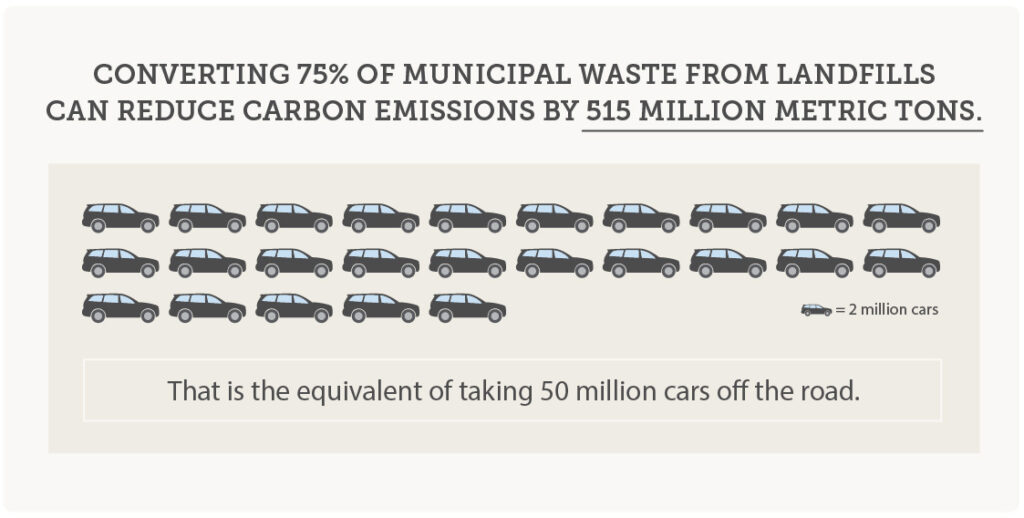The demolition industry has experienced significant growth in recent years. The sector has seen a 3.7% annual expansion over the past half-decade. How big is the demolition industry today? It enjoyed $7.5 billion in revenue in 2022, making it the 36th largest construction industry in the country.
Two demolition trends have helped this upward trajectory: deconstruction and recycling. Both have their benefits, such as environmental friendliness and decreased materials costs for future projects. These trends have changed the expectations that property owners and developers have for demolition contractors.
Today’s demo experts must offer a wealth of services, including industrial and commercial demolition, steel processing, and more. They must also have the knowledge and equipment to safely take down structures, recover the recyclable assets they contain, and process these items for reuse or recycling.
Demolition Industry & Recycling Statistics You Should Know
Structures contain concrete, steel and other metals, appliances, and other assets that can be recycled in their current form or after processing.
What benefits come from recycling instead of shipping this waste to a landfill? Here are a few demolition industry statistics illustrating some of the advantages.
- Environmental benefits. According to a report by the NRDC (Natural Resources Defense Council), converting 75% of municipal waste from landfills can reduce carbon emissions by 515 million metric tons. That is the equivalent of taking 50 million cars off the road.
- Employment. This report also states that the 75% diversion rate will add 2.3 million jobs to the economy by 2030, as workers are needed to handle every aspect of the recycling and redistribution process.
- Reduced materials costs. Since the materials can be reused after processing, a construction company can reduce costs. For example, concrete crushing creates gravel that contractors can utilize in many ways, from road bases and leveling to a filling agent for new cement. Additionally, some scrap metals do not lose strength or integrity even after multiple recycling cycles. Steel is a prime example.

Deconstruction is a process of taking down structures in a way that preserves recyclable assets. This step-by-step process relies on crews selectively dismantling as many reusable parts as possible.
The benefits of deconstruction include:
- Preserving recyclable assets. Deconstruction makes it possible to preserve more of the value of materials meant for recycling. This also helps retain their value during asset recovery.
- Keeping harmful materials out of the environment. Traditional demolition can release more dust or chemicals into the air or ground where they can enter the water table.
